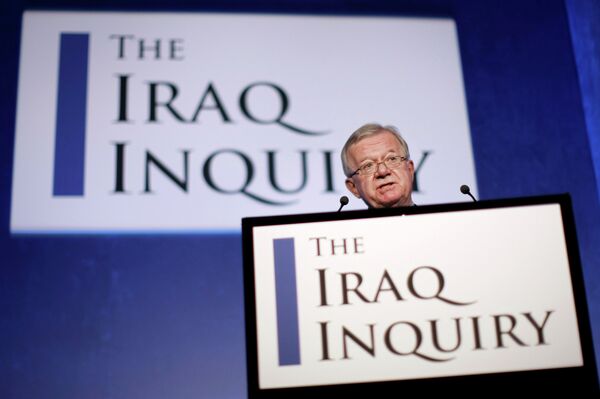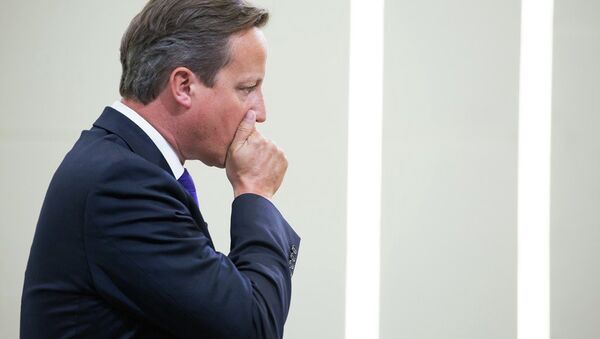Asked by lawmaker Sir David Amess when the report — chaired by Sir John Chilcot — would be published, UK Prime Minister David Cameron replied that the report will be made public some time after the June 23 referendum, saying it "will come not too much longer after that".
That would make it seven years since the inquiry was set up in 2009 and over five years after the last evidence was taken.
The decision to join the US in the invasion of Iraq in 2003 proved controversial, with a complete failure to get international agreement for a UN Security Council Resolution clearly backing the invasion. The UK Prime Minister at the time, Tony Blair, came in for criticism for his close relationship with the — then — US President George W. Bush and there has been pressure ever since to uncover what the two men agreed to do and when.
The central issues in the run up to the invasion were Iraq's alleged ownership of weapons of mass destruction and the pressure for regime change to topple the Ba'athist government of President Saddam Hussein.
The issue caused a massive demonstration against invasion in the UK and Blair has faced continuing criticism over the decision to go to war — and whether he had received advice that it was illegal.

Finally, in 2009, his successor as Prime Minister, Gordon Brown, ordered an inquiry into the run-up to the invasion, under Sir John Chilcot.
The inquiry heard evidence from 2009 until 2011, but has yet to report — a subject of deep controversy, with allegations of a cover-up. All participants in the inquiry — government officials and politicians have been given the chance to pre-read the judgement of the inquiry and respond to any criticism. However, many believe the process has gone on too long and the report should be published.
Missing Weapons
While it had been largely expected that Blair would shoulder much of the criticism, it has emerged that a wider group of people have been criticized in the report — adding to the delay in its publication.
Might as well start referring to the Contract Law coursework as the Chilcott Inquiry, chances are it's never going to be released…
— Rex Jos. (@JackJoscelyne) May 5, 2016
One of those rumored to be in for criticism is the former Foreign Secretary Jack Straw who admitted to the Chilcot Inquiry: "The question of whether to go to war has also been one of the most divisive, certainly in my political lifetime. It made many people very angry at the time, and subsequently. That — and the failure to find any weapons of mass destruction has undermined trust."
The year is 2072
— Protato Dutta (@RedactedDutta) May 5, 2016
The Chilcot inquiry is finally published
Straw maintained that to go to war for reasons of regime change alone was illegal, but backed the government because Hussein was capable of using weapons of mass destruction, none of which were ever found.
The Attorney General at the time, Lord Goldsmith is believed to have said any invasion without a clear UN mandate would be illegal and claimed he had told Straw so in a telephone conversation. He said: "The Government must not, however, fall into the trap of believing that it was in a position to take action which it could not take. Nor must [the UK Government] promise the US Government that it can do things which the Attorney considers to be unlawful," a note of their conversation reads.





